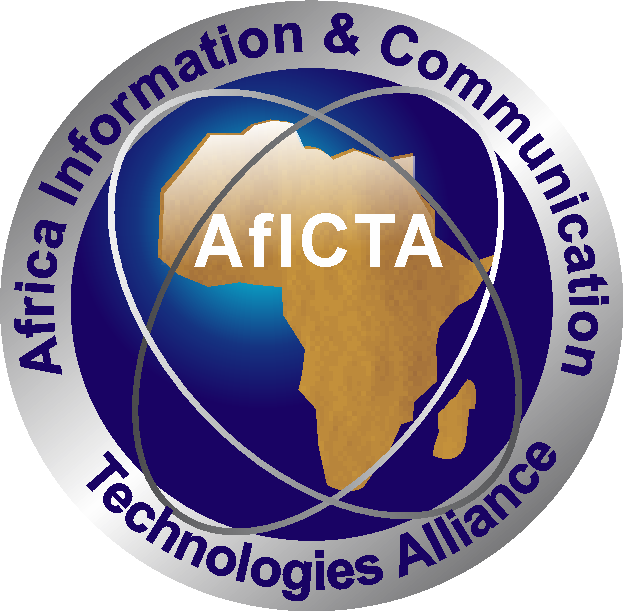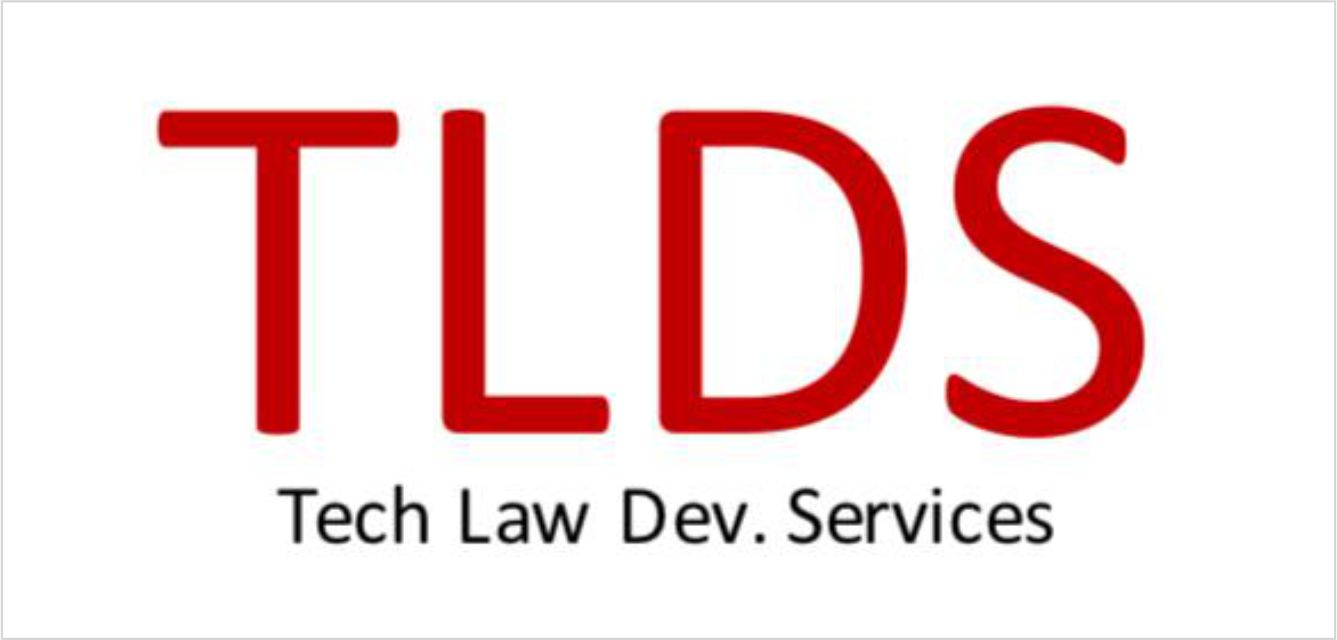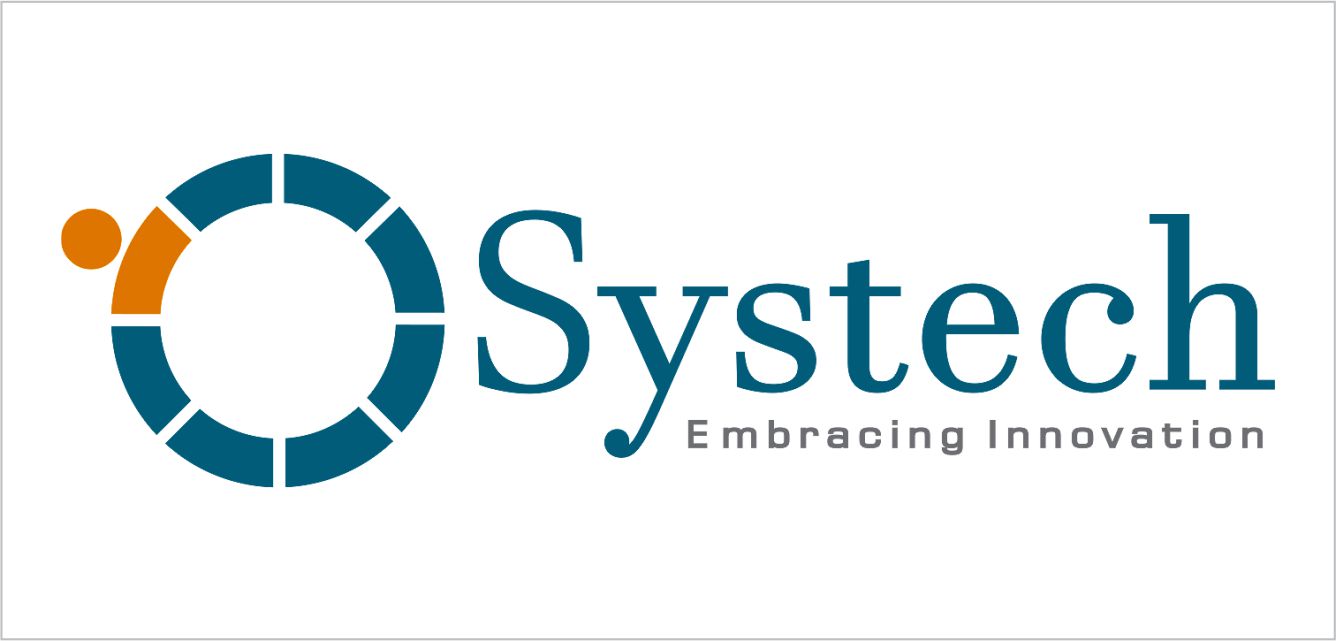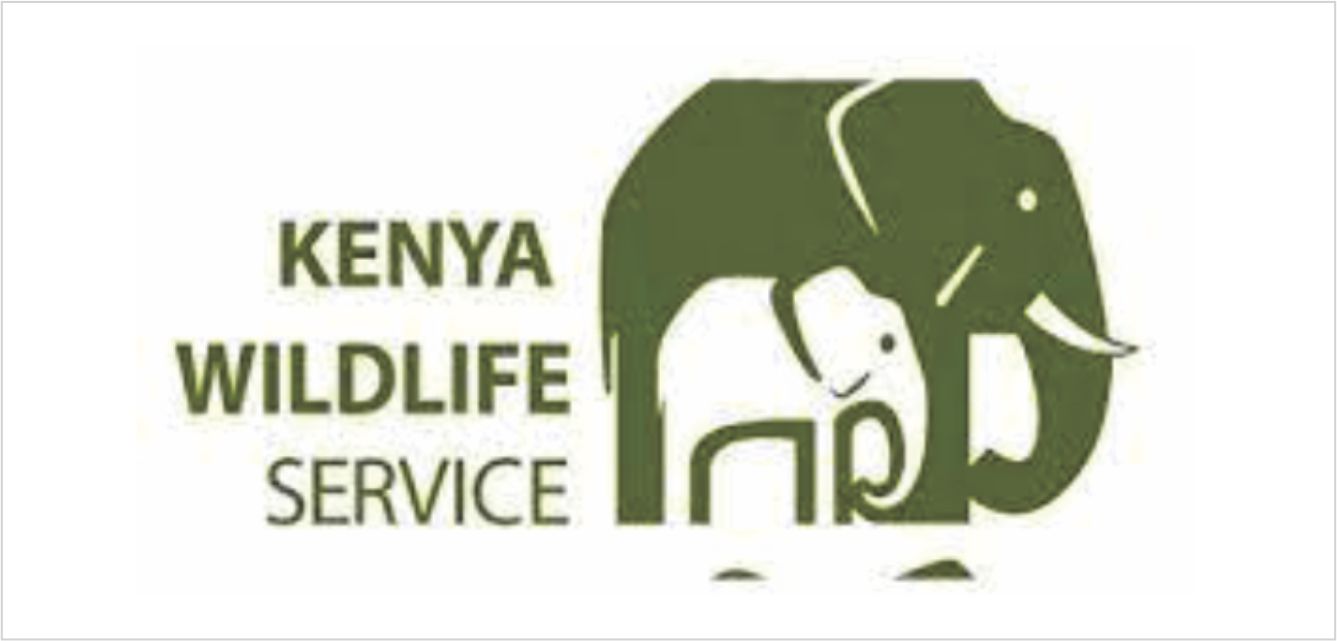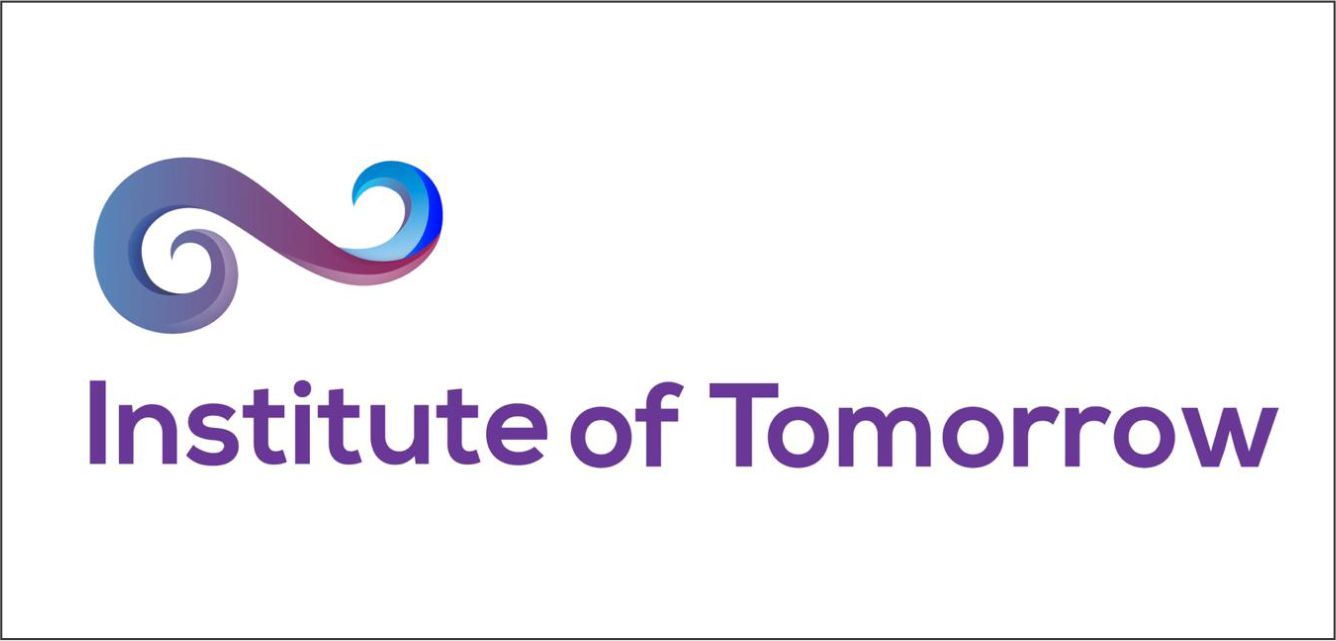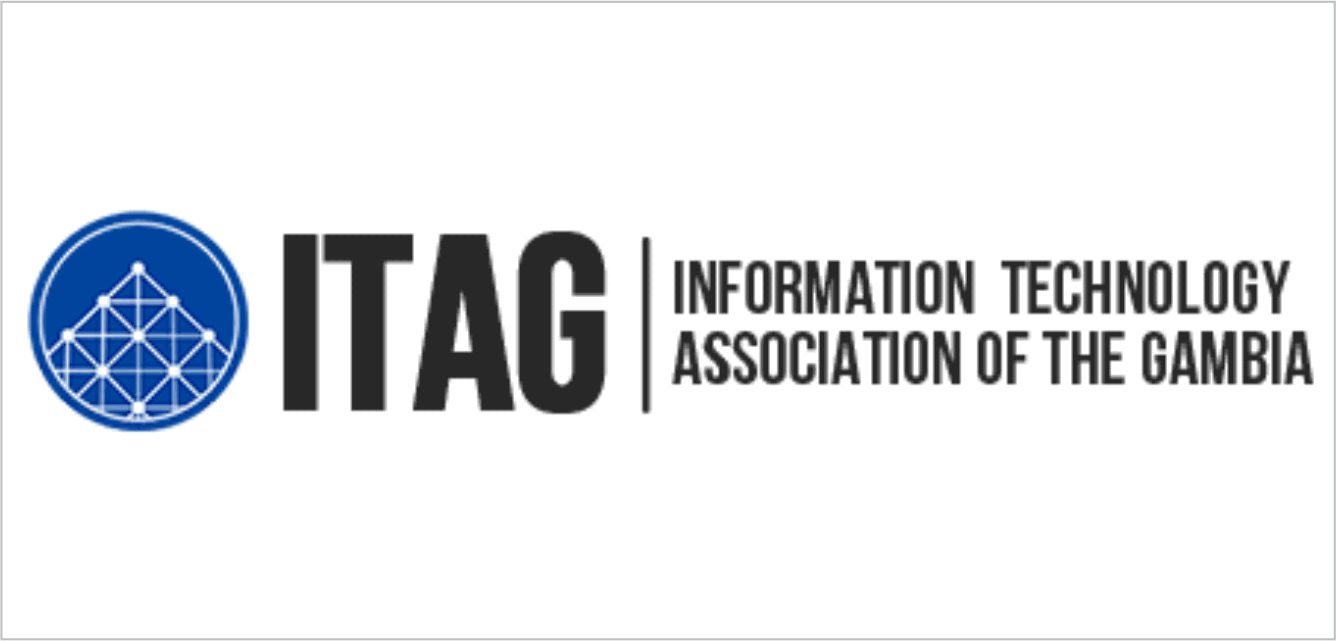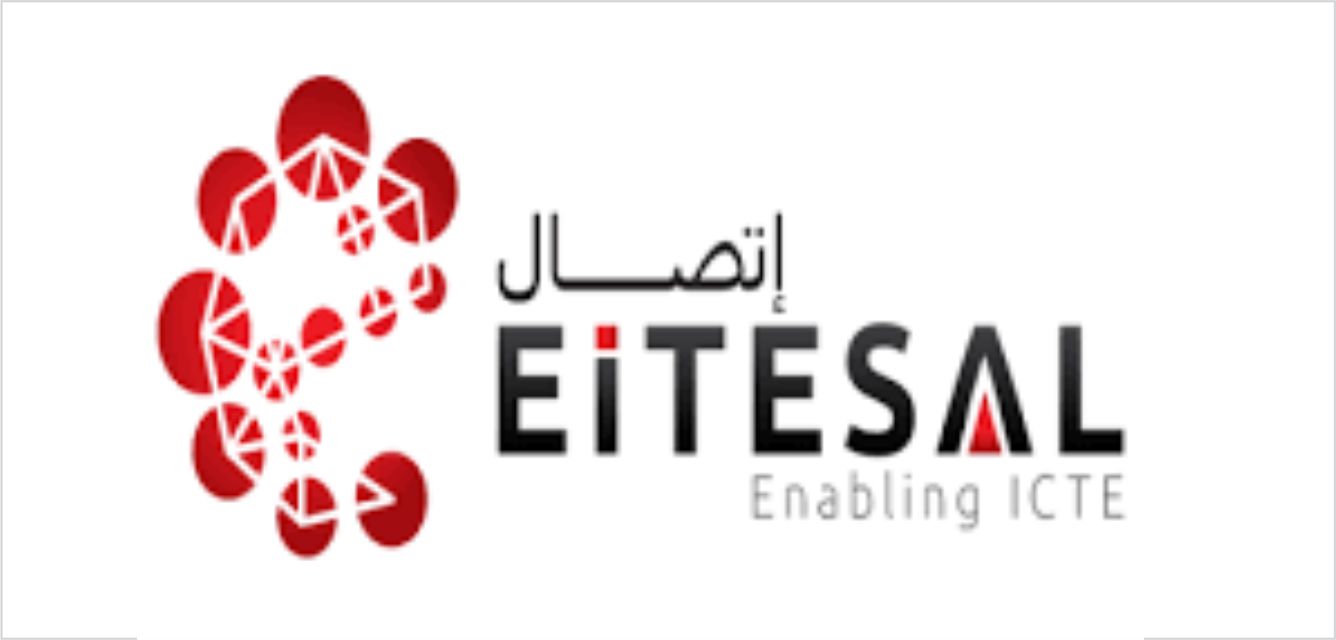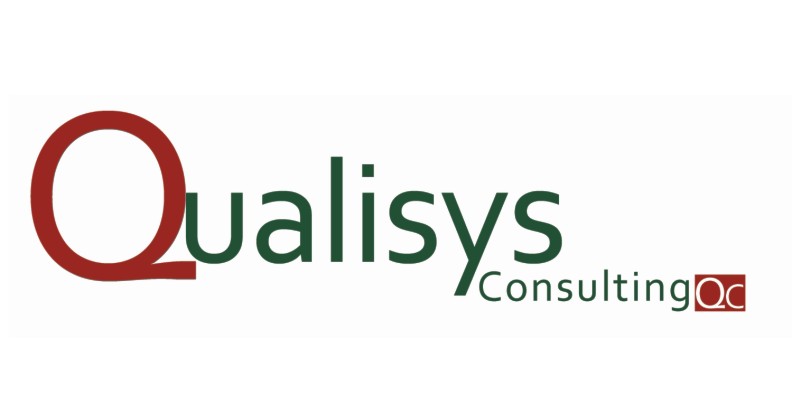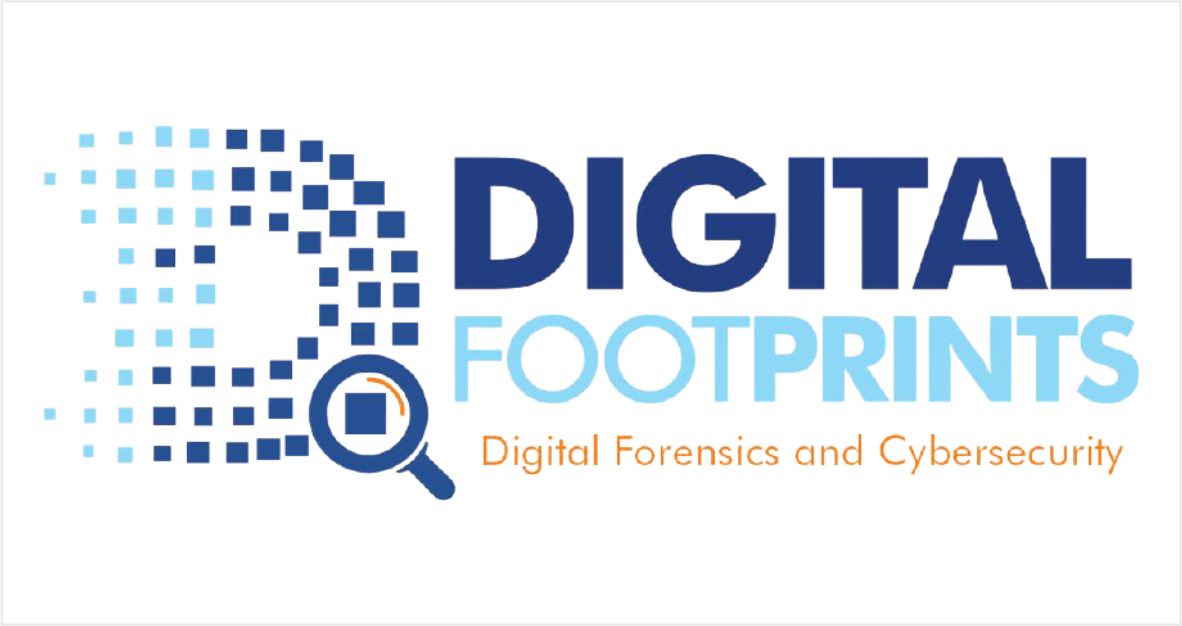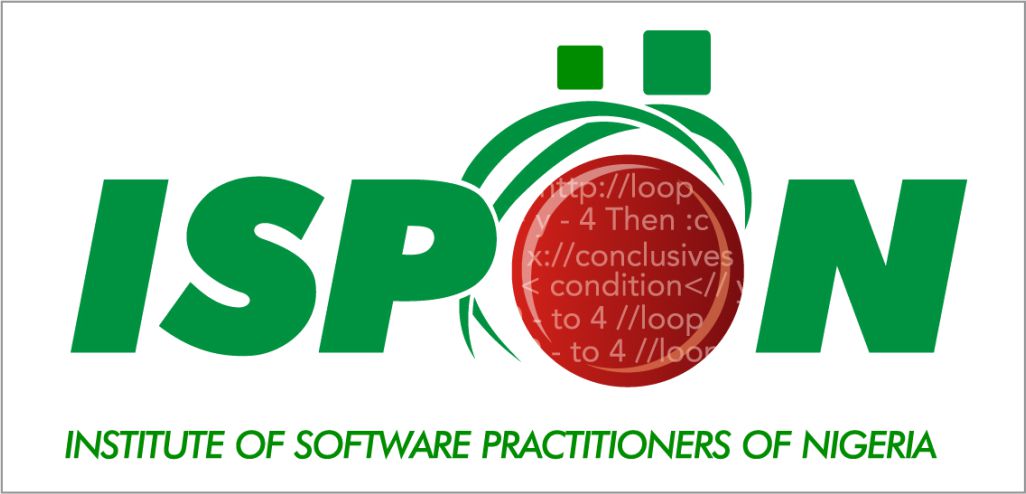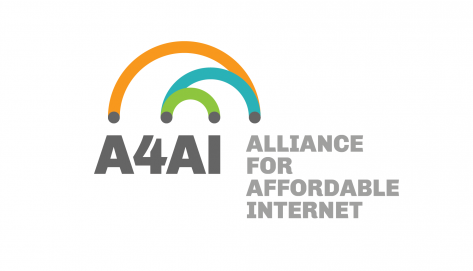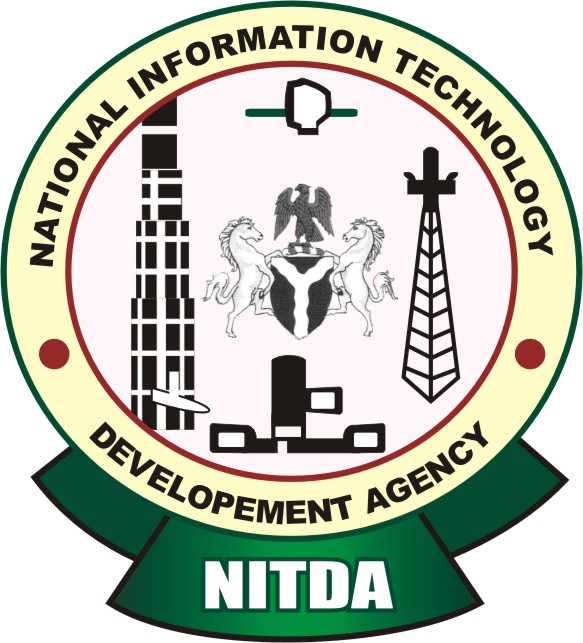Enact Laws Requiring Disclosure of Cyber-Attacks, Losses in Corporate Entities, Says Olufuye
 The Lead Researcher on the United Nations Economic Commission for Africa (UNECA), research on Cybersecurity for Development in the 4th Industrial Revolution (4IR), Dr. Jimson Olufuye, has urged African governments to enact laws requiring disclosure of cyber-attacks and losses in corporate entities and individuals.
The Lead Researcher on the United Nations Economic Commission for Africa (UNECA), research on Cybersecurity for Development in the 4th Industrial Revolution (4IR), Dr. Jimson Olufuye, has urged African governments to enact laws requiring disclosure of cyber-attacks and losses in corporate entities and individuals.
While making the presentation of the outcome of the research during the 17th Internet Governance Forum (IGF) held in Addis Ababa, Olufuye said this would help to promote transparency and accountability towards an improved effort at addressing the cybersecurity challenge.
He also recommended that mechanisms should be put in place to make it easy for victims to report such cases. Citing an example, he said that web applications could enhance the ease of reporting with free tips on preventing future attacks and recovering from losses.
Olufuye highlighted a positive relationship between cybersecurity and development in the fourth industrial revolution. The report incorporated data from National Telecoms Regulators, the World Bank Open Data Platform, and ITU Global Cybersecurity Index among others, spanning over a period of ten years.
The research findings, according to Olufuye highlighted three key recommendations including the need for a stable and accountable national and organizational governance system over a sustained period for cybersecurity to have a stronger correlation with development.
The research also recommended that laws requiring disclosure of cyber-attacks and losses in corporate entities and individuals should be enacted to promote transparency and accountability towards an improved effort at addressing the cybersecurity challenge.
Original equipment manufacturers and vendors by design, according to him should uphold the principle of security to ensure that before equipment is added to production, it should at least prompt for a change in default passcodes.
Engendered by the ECA Digital Centre, the research indicated a positive relationship between cybersecurity and development. Accordingly, the research revealed that a 10 percent increase in cybersecurity maturity yields between 0.66% and 5.4% increase in per capita GDP in Africa.
It was noted that the higher a nation’s cybersecurity maturity, the lower the cyber financial losses per capita. Data from a sample size of 40 African countries showed that a 10% rise in Internet Penetration enables between 1% and 8.2% increase in GDP per capita in Africa.
The report also indicated that Africa’s cybersecurity maturity is 29.1% compared to that of Latin America and Asia/Middle-East at 35.6% and 61% respectively.
The Deputy Minister at the Ministry of Information and Communication Technology for the Republic of Namibia welcomed the report and further collaboration effort to produce more Africa-specific data for enabling good decision-making. She added the importance of looking further into the gender dimension of the study.
Jean-Paul Adam, Director of Technology, Climate Change and Natural Resource Management Division at ECA noted the significance of this research in ‘shedding more light on cyber security as a critical foundation for Africa’s cybersecurity capacity-development agenda’.
Mactar Seck, chief of Technology and Innovation Section at ECA further indicated the significance of the study mentioning how ‘Africa’s low level of preparedness in cybersecurity is costing member states on average 10% of their GDP’.
Christ Painter, president of Global Forum on Cyber Expertise (GFCE) lauded the efforts of the ECA and stressed the need to develop more research pertinent to the region and raise cybersecurity consciousness to help mitigate cybercrime.
As part of its Cybersecurity engagement strategy, Economic Commission for Africa, ECA, had commissioned the research to underscore cybersecurity as an imperative enabler of development in the 4IR.
See country by country dataset for the 70 countries researched @ https://cd4ir.africa
Featured
Enact Laws Requiring Disclosure of Cyber-Attacks, Losses in Corporate Entities, Says Olufuye
Kayode Oyeyemi
Hits: 627
